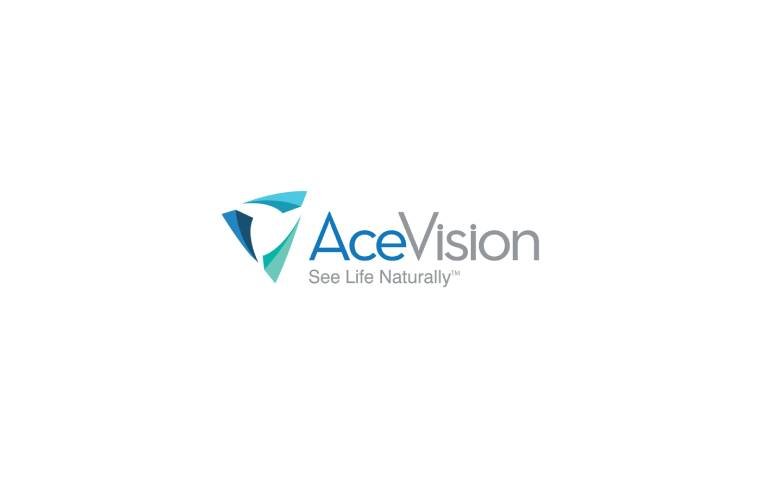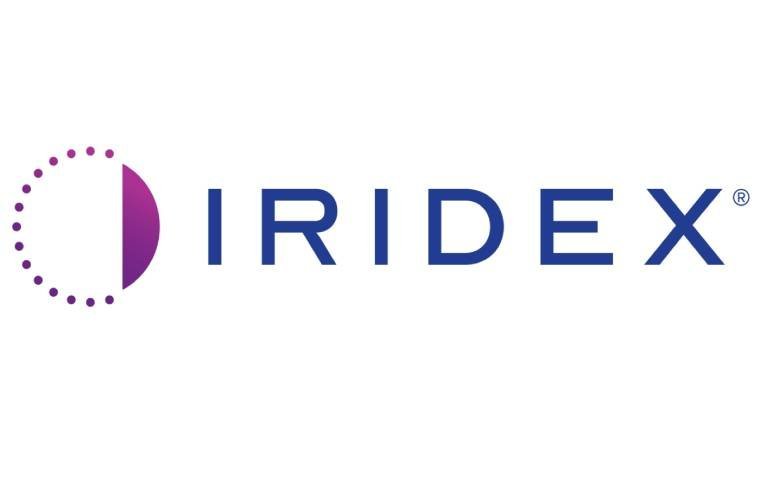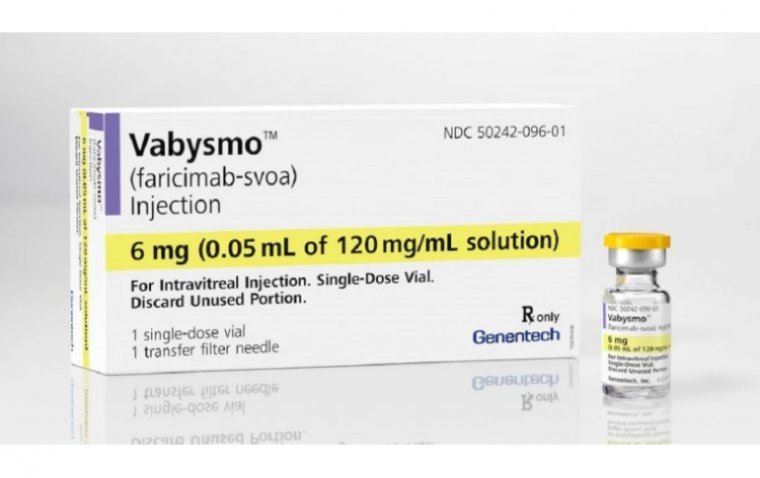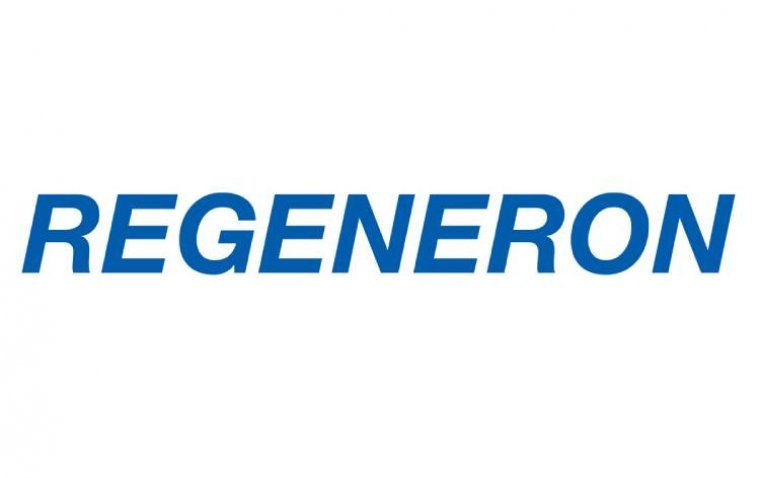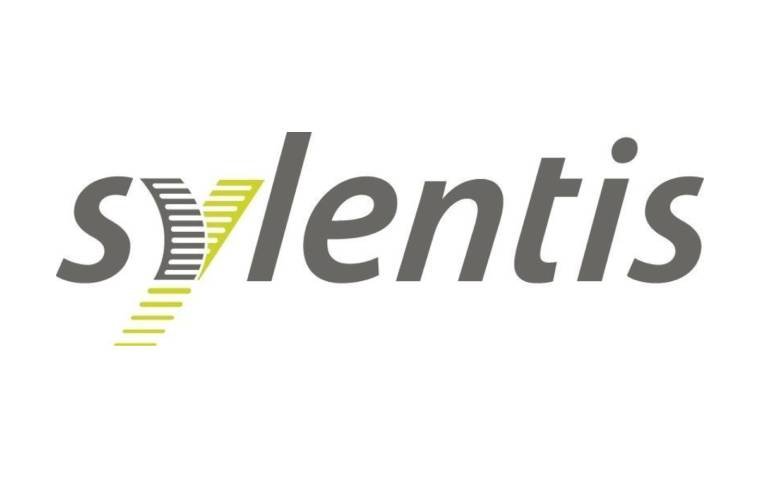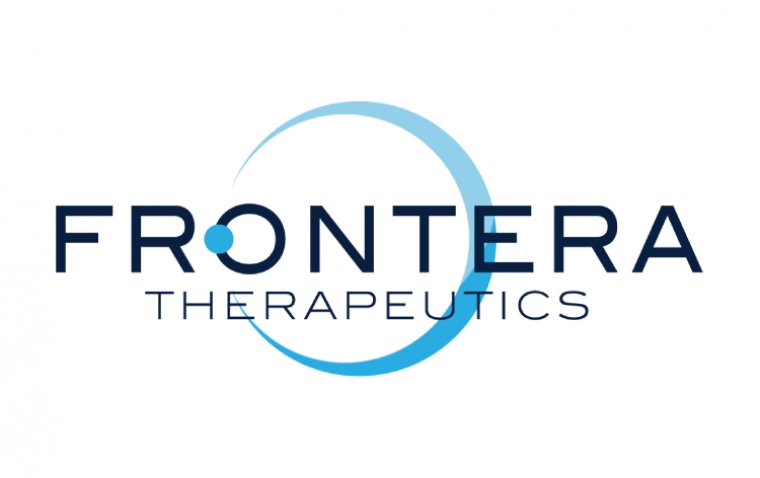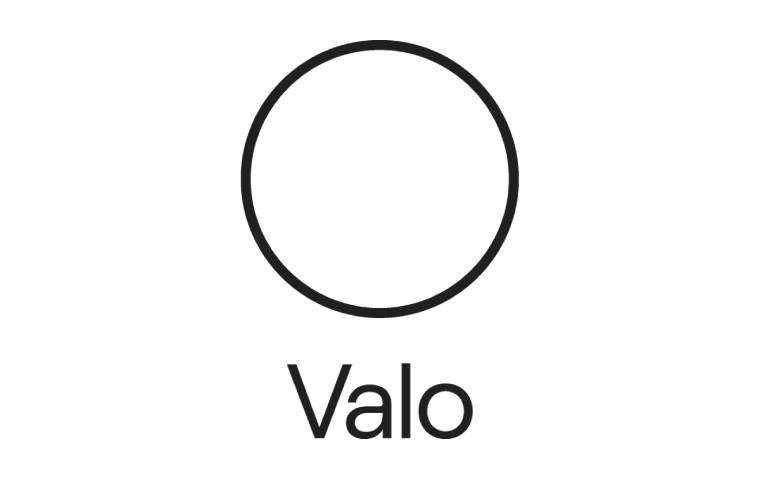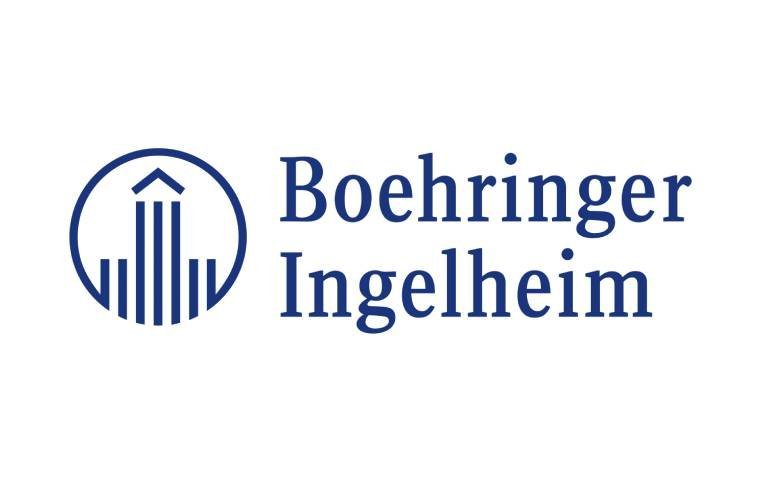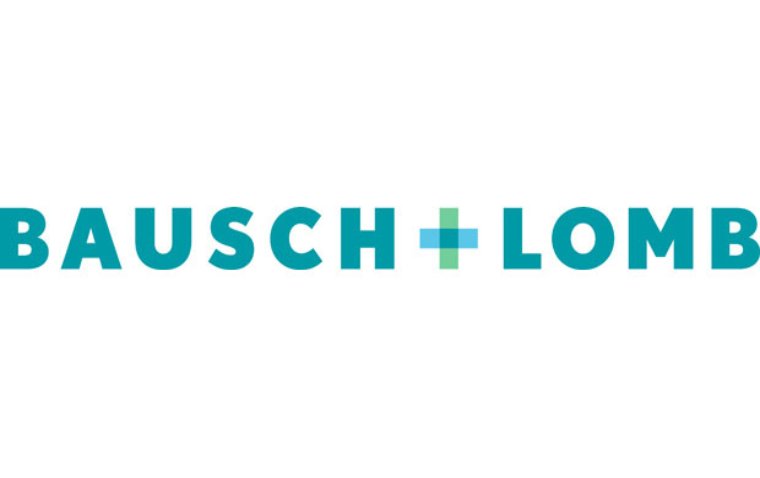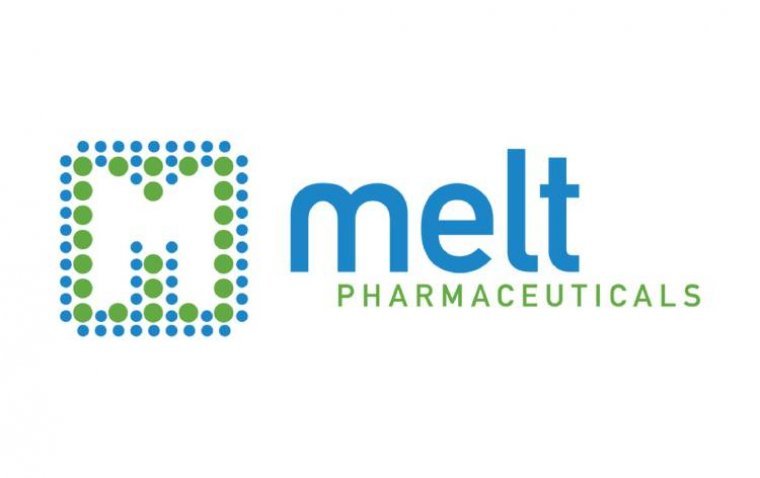
Melt Pharmaceuticals Initiates Phase 3 Program for MELT-300 Opioid-Free Sedation
Melt Pharmaceuticals has completed the dosing of its first patient in its phase 3 program for MELT-300, marking a crucial step in evaluating the safety and efficacy of this pioneering product.
MELT-300 is a non-intravenous, non-opioid tablet comprising fixed doses of midazolam (3mg) and ketamine (50mg), administered sublingually using Catalent’s proprietary Zydis delivery technology for rapid absorption across the sublingual mucosa.
Phase 3 Clinical Trial Overview
The phase 3 clinical trial for MELT-300 is a randomized, double-blind, three-arm study involving 528 patients undergoing cataract surgery at 14 participating clinical sites. Patients will be allocated to receive MELT-300, sublingual midazolam, or sublingual placebo in a 4:1:1 ratio. The trial aims to assess the comparative efficacy of these interventions, with the topline results anticipated in the fourth quarter of 2024.
Prior to this pivotal phase 3 program, Melt Pharmaceuticals disclosed the outcomes from its phase 2 clinical trial for MELT-300. This trial, which encompassed over 300 patients, demonstrated the statistical superiority of MELT-300 in procedural sedation compared to sublingual placebo, sublingual midazolam, and sublingual ketamine alone.
CEO's Enthusiasm for Progress
Larry Dillaha, MD, Chief Executive Officer of Melt Pharmaceuticals, expressed enthusiasm about the initiation of the phase 3 program, stating, “We are very excited to announce the first dosing in our pivotal phase 3 program. Over the past 20 years, a lack of innovation in outpatient procedural sedation has created a significant unmet need, with IV-administered medications being a procedural mainstay and contributing to an increase in opioid usage." Dr. Dillaha emphasized the potential of MELT-300 to revolutionize procedural sedation, enhancing patient comfort and safety while minimizing opioid exposure.
Broadening Applications Beyond Cataract Surgery
Dr. Dillaha further elaborated on the broader implications of MELT-300 beyond cataract surgery, remarking, “While we are initially targeting sedation during cataract surgery for MELT-300, estimated to be over 5 million annual procedures in the U.S. in the coming years, we believe with further development and label expansion, MELT-300 could be utilized in over 100 million annual procedures in areas such as dermatology, plastics, dental, gastrointestinal, and emergency rooms.”
The initiation of the phase 3 program for MELT-300 signifies a pivotal moment in advancing opioid-free sedation options, potentially transforming procedural care across various medical specialties.
(1).jpg)
